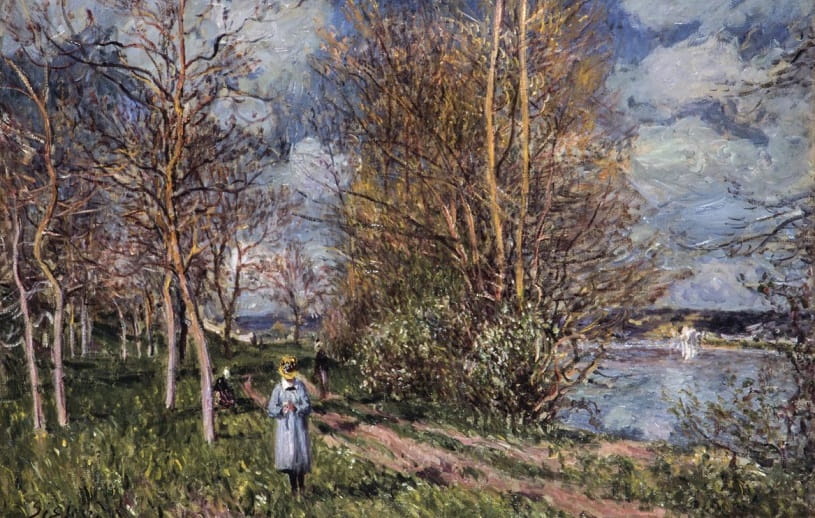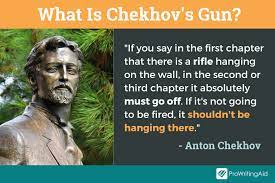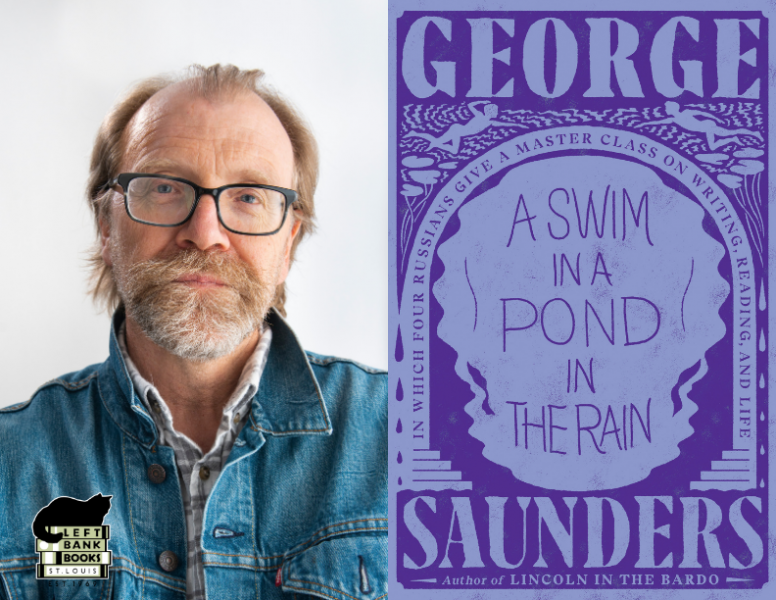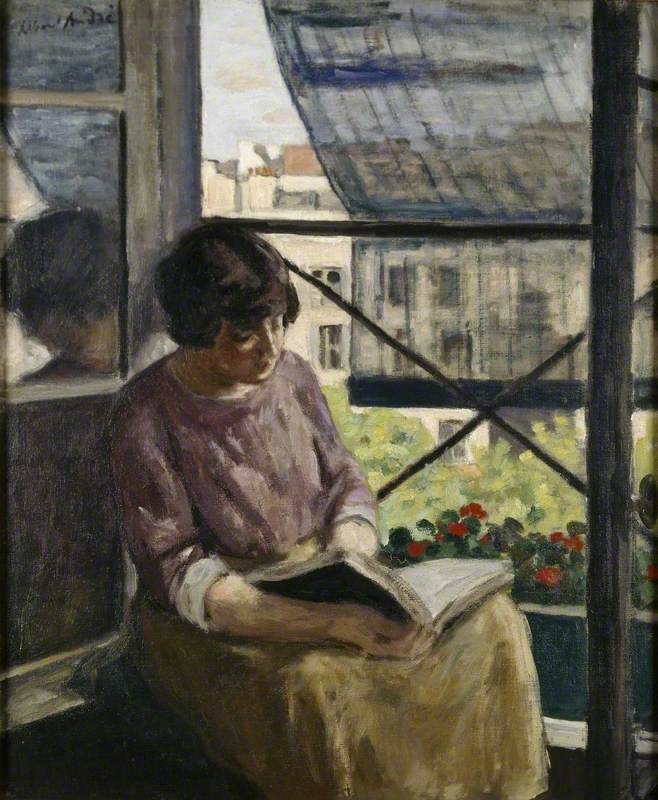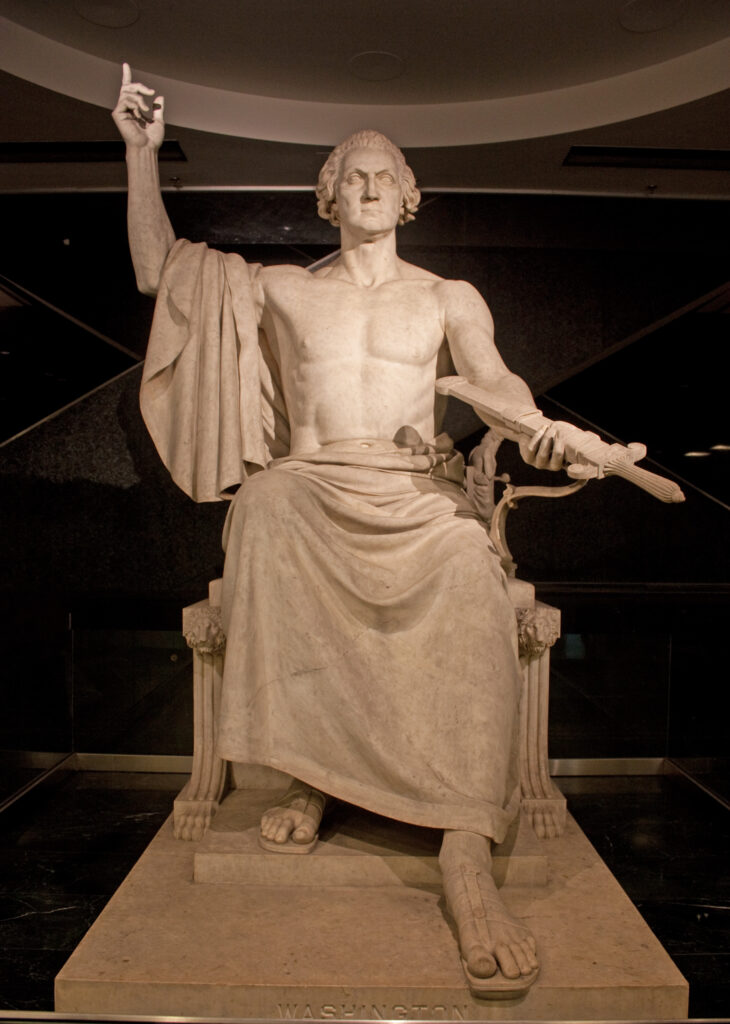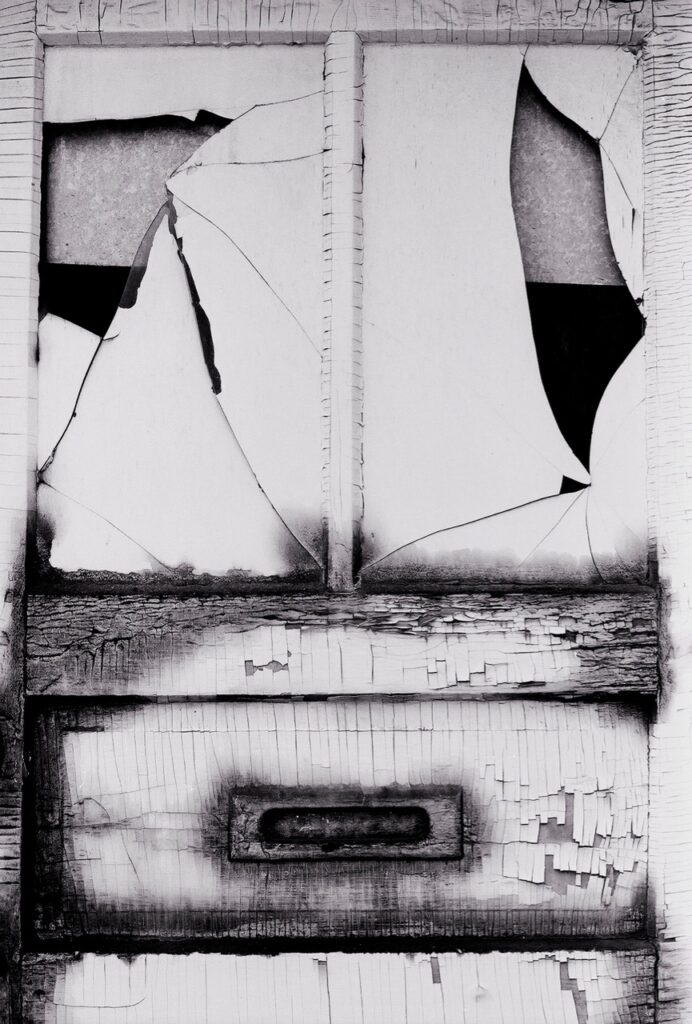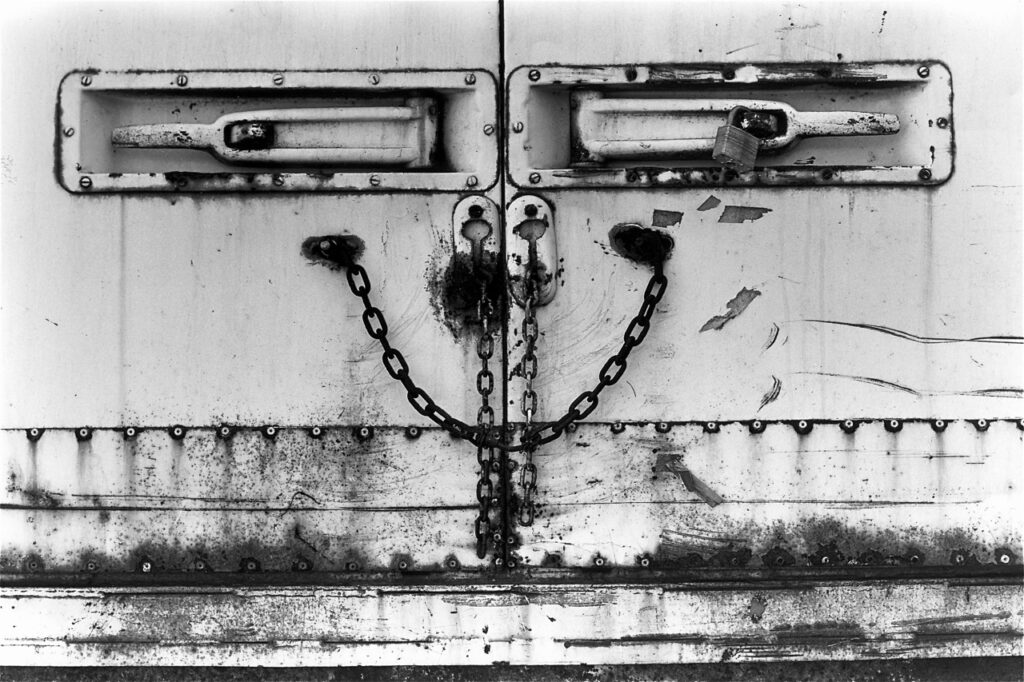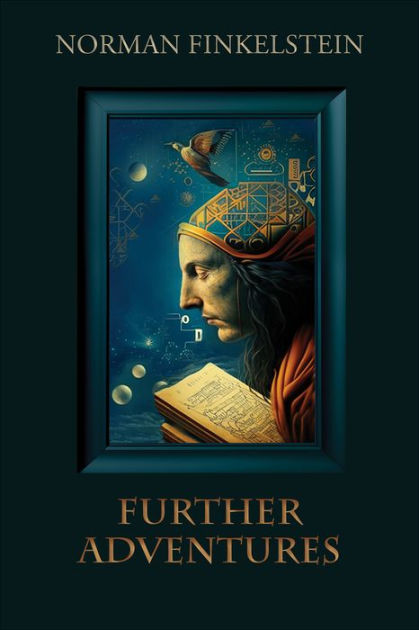Note: If you wish to receive, via e-mail, (1) my weekly newsletter or (2) daily copies of these posts, notify me at rrbates1951@gmail.com and indicate which you would like. I promise not to share it with anyone else.
Monday
A couple of times in the past I’ve shared some of the best tweets of my son Tobias Wilson-Bates, an English professor and 19th century British Lit scholar at Georgia Gwinnett College. Sadly, with Twitter—or X—currently circling the drain, there may not be many more. As Toby himself tweeted—or Xed–, “Twitter quickly going from feeling like a half abandoned mall to a half abandoned mall where someone will steal your wallet to buy crypto.”
Elon Musk, incidentally, reminds me of Bob Dylan’s Big Jim in “Jack of Hearts,” as presented in the third stanza. Well, except for the part about big Jim’s dandy appearance, Musk having no fashion sense:
Big Jim was no one’s fool, he owned the town’s only diamond mine
He made his usual entrance lookin’ so dandy and so fine
With his bodyguards and silver cane and every hair in place
He took whatever he wanted to and he laid it all to waste
But his bodyguards and silver cane were no match for the Jack of Hearts.
“Took whatever he wanted to and he laid it all to waste” about sums up Twitter’s owner.
Fortunately, Toby has been getting in some final humorous tweets before the whole thing goes belly up. Here are my recent favorites. I start off with one of several on Tolkien, including another end-of-Twitter reference:
FRODO: I’m glad you’re with me Sam, here at the end of all tweets
SAM: Rate limit exceeded, Mr. Frodo
Then there’s this one:
Tolkien’s guide to writing:
Step 1: spend thirty years creating lore, languages, naming practices, and cultural customs for a fantasy earth precursor to the human world so complex that your appendices have appendices
Step 2: call that version of earth, “Middle”
And this one:
New odd couple show about Gandalf and the Balrog becoming unlikely friends and going on adventures together.
And:
Pippin: *wakes the Balrog
Gandalf: fuck. fuck, but you know, this is kind of on me for bringing brunch dwarves into a death mountain
There’s some fun satire directed at Dickens:
Dickens writing a hero: a beautiful working-class girl who is downtrodden by her station in life
Dickens writing a villain: a beautiful working-class girl who is downtrodden by her station in life but also is French
And:
Editor: love how your work is all about the gentle bliss of domesticity! What happens in this chapter!?
Dickens: a man explodes
Editor:
Dickens: exploded human flesh tastes like burnt pig
Thomas Hardy is always good for laughs—or rather, good for being laughed at:
Props to Thomas Hardy. He had every move an author could ever want. He could destroy a marriage at the beginning of a book, destroy it at the climax, end with a destroyed marriage, destroy the same marriage twice. Guy could do ANYTHING!
One doesn’t have to follow Toby for long to realize that his favorite novel is George Eliot’s Middlemarch. Here’s a comment on its famous pedant:
The most relatable thing about Casaubon is that when he finally committed to really get to work his body decided to die instead
And here’s one on another of Eliot’s works:
Editor: really looking forward to reading this! I hope you took my advice and wrote a happy ending!
George Eliot: (*smiling as she slides the final chapter of Mill on the Floss across the table)
I won’t spoil the ending for you if you haven’t read it. I’ll just say that, when I got to that final page, I almost threw the novel across the room.
Dorian Gray gets a tweet that sounds a little too on the nose:
New idea for a Dorian Gray-themed social media site where your profile picture stays young and beautiful but your posts become hideously deranged.
And then there are the Romantic poets. Here’s one on Keats and Byron, the first part consisting of an actual quote:
1819 Keats writes to his brother “You speak of Lord Byron and me—There is this great difference between us. He describes what he sees—I describe what I imagine—Mine is the hardest task”
The petty snark of this group was so impressive that their legacy has spawned 200 years of poetic shit talk
Wordsworth and Coleridge get one:
Sam: hey, Will, could you go ahead and write a quick preface to our lyrical ballads
Wordsworth: no problem!
Sam: just make sure you don’t take all the credit for yourself and pretend you’re god’s gift to poetry
Wordsworth: heh…ya…I would never do that…
Then there’s the problem with taking Wordsworth literally:
Wordsworth: Come forth into the light of things, Let Nature be your teacher
Edmund Burke: *writing 240 pages comparing the composition of the Nation State to Nature
The Brontes regularly show up in Toby’s twitter feed:
Editor: so, how were you thinking of wrapping this up?
Charlotte Brontë: she tells the reader she married him
Editor: oh…like…directly to the reader?
Brontë: then she gets to think about how dead St. John Rivers is
Editor: umm
Brontë: Completely. Dead.
If you know Wilkie Collins’s The Woman in White, you’ll get this reference to the wonderfully villainous Count Fosco:
Editor: an Italian secret society agent is a perfect villain!
Wilkie Collins: (*taking a long drag) and you know what’s really fucked up??
Editor: what?!
Wilkie: he trains these fucking mice
Tristram Shandy regularly gets shout-outs—which makes sense since I partially named Toby after Sterne’s Uncle Toby:
My five-year mission: to constantly remind everyone about the section in Tristram Shandy where Sterne uses Aristotle to hypothesize a race of aliens made out of glass to offer a theory of the novel.
Toby alerted me to something that I didn’t know and that he learned just recently:
I’m sorry everybody, I’m still processing that Wile E Coyote is an intentional reference to Don Quixote. I ask for privacy at this time.
Yes, the coyote in the Roadrunner cartoons was originally named Don Coyote.
Bram Stoker gets a callout:
Dracula: (*opens door)
Renter: I hear you have a room available?
Dracula: YES! Do come in for a drink-
Renter: of my blood?
Dracula: I-
Renter: no, it’s fine, $750 for a loft downtown, I figured that’d be the deal
Here’s one for Hamlet:
Yorick: (*drinking) I dunno, guys, I guess it’s an ok job but sometimes it just feels like my boss wants my jests to be infinite, and that’s literally impossible
Plato gets several, including this one:
Plato (*writing in an era of constantly warring city states): I see the problem here—TOO MANY POETS!
Toby set off an interesting twitter thread with this reference to The Lion, the Witch, and the Wardrobe:
What is the food you first encountered in a book that made you desperate to eat it and why was it Turkish Delight?
To which someone responded with a Ralph Ellison allusion. It’s Invisible Man’s “favorite dessert,” eaten as he listens to Louis Armstrong:
Invisible Man’s vanilla ice cream topped with sloe gin (we literally tried this in grad school)
Here’s a tweet that’s a little more serious:
One of the uniquely cool things about texts that have been in the canon for centuries is that you can spend time reviewing the historical layers of the same text getting used for various nationalist projects over time.
Shakespeare and Milton have been used to mean essentially every political project a text could ever possibly mean
This one, meanwhile, every English teacher should read and reflect upon:
Many of my writing students come in saying they hate grammar, but what they actually hate are systems of assessment that penalize them for grammatical mistakes without ever incentivizing grammatical curiosity or exploration.
Back to humor:
Academics aren’t trying to indoctrinate your kids into radical left-wing politics. We’re trying to indoctrinate them into appreciating our dated pop culture references.
And then there’s a tweet by one Jon Piccini and retweeted by Toby that’s too good to pass up:
Defend my PhD thesis? After all it did to me??
I conclude with one of Toby’s thread-generating questions, this one about the “great last name wars in academe? Like, when I say ‘Burke,” one group will think I mean Edmund and another Kenneth.’ He followed this up with other examples and invited his readers to send in more:
George vs. T.S. for “Eliot” may be the pinnacle.
And then there are all the family conflicts:
Thomas vs Matthew Arnold, Frances vs Anthony Trollope, Mary vs Charles Kingsley, the Great Shelley conflict, the Rossetti’s, the Brownings
Toby didn’t mention the Brontes, perhaps because he’s had many tweets on Bronte competition in the past. For the record, his favorite Bronte is Anne. Mine, for what it’s worth, is Charlotte.
It remains to be seen whether Toby will transition to Spoutible, Mastodon, or someplace else. If he does, Musk will have only himself to blame. The Tesla head took a medium that has, along with its toxic misinformation and fascistic rhetoric, generated a lot of creative content, and then elevated the former over the latter. Or as Bob Dylan would say, laid it all to waste.

